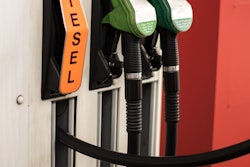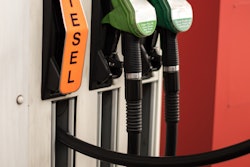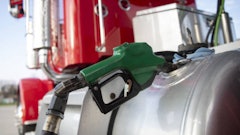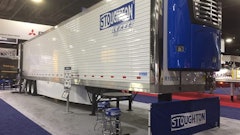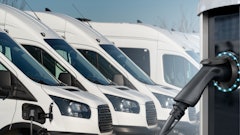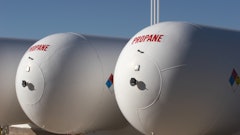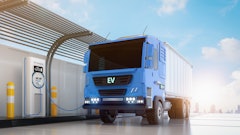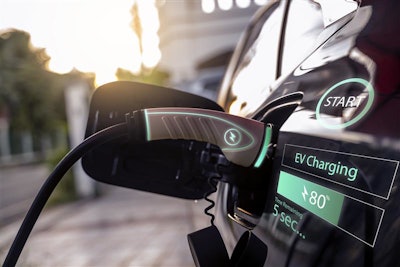
A new study that evaluates several approaches to reducing greenhouse gas (GHG) and other emissions from medium and heavy-duty vehicles from 2022-2032 finds considerable advantages with advanced diesel technology particularly when using renewable biofuels, as compared to an electrification strategy, according to the Diesel Technology Forum.
“As we look for the best ways to reduce greenhouse gas and other emissions, this study demonstrates that accelerating fleet turnover and use of renewable and biodiesel fuels can deliver significantly more benefits (3 times) that outweigh those possible from EVs in the region in the study period. Advanced diesel technology is more effective, more affordable, and most importantly more available than others,” says said Allen Schaeffer, executive director of the Diesel Technology Forum. “The urgency to implement solutions to reduce greenhouse gases from transportation and address climate change is heard on a daily basis. Transitions to new energy sources still have considerable uncertainties and longer timeframes – a decade or more -- to meaningful implementation. Some solutions will be available sooner than others and at larger scale than others. Advanced diesel technology, as well as renewable and biodiesel fuels, are key available solutions that can deliver big impacts today.”
From GlobeNewswire:
- Medium and heavy-duty trucks operating in 10 Northeastern states (Connecticut, Delaware, Massachusetts, Maryland, Maine, New Jersey, New York, Pennsylvania, Rhode Island, and Vermont) that have adopted California’s low emission (LEV) and zero emission vehicle (ZEV) regulations were studied by Stillwater Associates for the Diesel Technology Forum.
- The analysis analyzed the environmental benefits attainable from three strategies in the 2022-2032 period; electrification, accelerated fleet turnover and use of biodiesel and renewable diesel fuel.
- Fueling the diesel vehicles with 100% renewable diesel resulted in three times larger cumulative GHG reductions by 2032 than the EV scenarios. Using B20 – a 20% blend of biodiesel with 80% petroleum diesel – provided about the same cumulative GHG reduction.
- As for nitrogen oxides (NOx) emissions, EVs have 98.5% lower NOx than pre-2007 diesel vehicles on a per mile basis, and 2010 and later MY vehicles have 79% less NOx emissions than a 2007 diesel model.
- However, when replacing a diesel medium and heavy-duty vehicle with an EV and evaluated on an annual-miles-driven basis, the NOx benefit is diminished. NOx emission reductions for a fleet transitioning to EV will be less than the business-as-usual turnover from older generation diesel to advanced technology with selective catalytic reduction (SCR) systems that reduce NOx by 98%.







